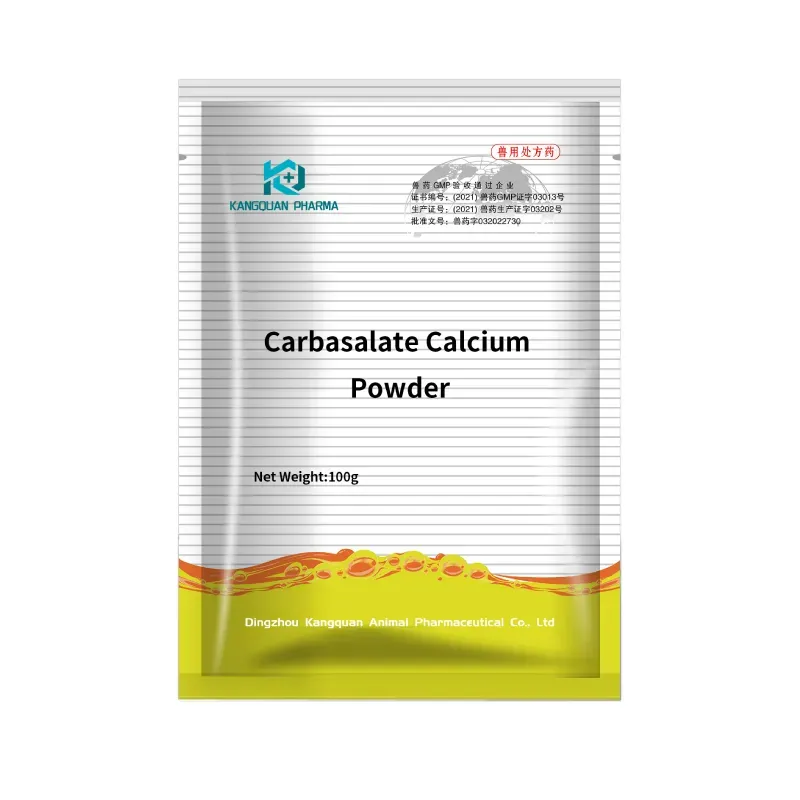- Afrikaans
- Albanian
- Amharic
- Arabic
- Armenian
- Azerbaijani
- Basque
- Belarusian
- Bengali
- Bosnian
- Bulgarian
- Catalan
- Cebuano
- Corsican
- Croatian
- Czech
- Danish
- Dutch
- English
- Esperanto
- Estonian
- Finnish
- French
- Frisian
- Galician
- Georgian
- German
- Greek
- Gujarati
- Haitian Creole
- hausa
- hawaiian
- Hebrew
- Hindi
- Miao
- Hungarian
- Icelandic
- igbo
- Indonesian
- irish
- Italian
- Japanese
- Javanese
- Kannada
- kazakh
- Khmer
- Rwandese
- Korean
- Kurdish
- Kyrgyz
- Lao
- Latin
- Latvian
- Lithuanian
- Luxembourgish
- Macedonian
- Malgashi
- Malay
- Malayalam
- Maltese
- Maori
- Marathi
- Mongolian
- Myanmar
- Nepali
- Norwegian
- Norwegian
- Occitan
- Pashto
- Persian
- Polish
- Portuguese
- Punjabi
- Romanian
- Russian
- Samoan
- Scottish Gaelic
- Serbian
- Sesotho
- Shona
- Sindhi
- Sinhala
- Slovak
- Slovenian
- Somali
- Spanish
- Sundanese
- Swahili
- Swedish
- Tagalog
- Tajik
- Tamil
- Tatar
- Telugu
- Thai
- Turkish
- Turkmen
- Ukrainian
- Urdu
- Uighur
- Uzbek
- Vietnamese
- Welsh
- Bantu
- Yiddish
- Yoruba
- Zulu
Nov . 13, 2024 10:19 Back to list
what medicine helps with upper respiratory infection
Understanding Medications for Upper Respiratory Infections
Upper respiratory infections (URIs) are among the most common health complaints, often characterized by symptoms such as coughing, sore throat, nasal congestion, and general malaise. These infections can be caused by various viruses or bacteria, with viruses being the most common culprits. While many URIs are self-limiting and do not require medical treatment, understanding what medications can help alleviate symptoms and promote comfort during recovery is essential.
Types of Medications
When it comes to treating URIs, the primary goal is to relieve symptoms rather than eliminate the infection itself. Here are several categories of medications that can provide relief
1. Analgesics and Antipyretics These medications help to reduce pain and fever. Common over-the-counter options include acetaminophen (Tylenol) and ibuprofen (Advil, Motrin). They provide relief from headaches, sore throats, and body aches that often accompany URIs.
2. Decongestants Decongestants help to reduce nasal congestion and sinus pressure, making it easier to breathe. Common oral decongestants include pseudoephedrine (Sudafed) and phenylephrine. Nasal sprays such as oxymetazoline (Afrin) can also be effective but should not be used for more than three days to avoid rebound congestion.
3. Antihistamines These medications can be beneficial, especially if allergic reactions contribute to symptoms. Antihistamines like diphenhydramine (Benadryl) or loratadine (Claritin) can help reduce sneezing, runny nose, and itchy eyes. However, some antihistamines may cause drowsiness, so it's important to choose a formulation that suits your needs.
4. Cough Suppressants and Expectorants Coughing can be a troublesome symptom of URIs. Dextromethorphan is a common cough suppressant found in many over-the-counter products. If a productive cough is present, an expectorant like guaifenesin (Mucinex) can help thin mucus, making it easier to expel.
5. Throat Lozenges and Sprays For soothing a sore throat, throat lozenges or numbing sprays can provide temporary relief. Ingredients like benzocaine or menthol can offer mild pain relief.
6. Antibiotics While many upper respiratory infections are viral and do not respond to antibiotics, a healthcare provider may prescribe antibiotics if the infection is determined to be bacterial, such as bacterial sinusitis or strep throat. It’s crucial not to misuse antibiotics, as overprescribing can lead to antibiotic resistance.
Home Remedies and Supportive Care
what medicine helps with upper respiratory infection

In addition to over-the-counter medications, several home remedies can help in managing symptoms of URIs
- Rest Giving your body ample time to heal is essential. Resting aids in recovery and helps your immune system fight off the infection.
- Hydration Staying well-hydrated is vital, especially when fever is present. Water, herbal teas, and broths can help soothe the throat and keep the mucous membranes moist.
- Humidifiers Using a humidifier can ease nasal congestion and help you breathe more comfortably, especially in dry environments.
- Warm Salt Water Gargles Gargling with warm salt water can provide temporary relief for a sore throat and reduce inflammation.
When to Seek Medical Attention
Most URIs can be managed effectively at home with rest, hydration, and over-the-counter medications. However, it’s important to seek medical attention if you experience any of the following symptoms
- High fever (over 101.5°F) - Difficulty breathing or shortness of breath - Chest pain or severe headache - Symptoms lasting longer than 10 days or worsening significantly - Blood in mucus or unusual lethargy
Conclusion
Upper respiratory infections can pose significant discomfort, but a variety of medications and home care strategies can help manage symptoms. When considering treatment, it's important to focus on symptom relief, as most URIs are self-limiting. If symptoms persist or worsen, consulting with a healthcare provider is always advisable to ensure appropriate care and avoid complications. Remember, taking care of your health holistically involves both medication and lifestyle adjustments that support recovery.
-
Guide to Oxytetracycline Injection
NewsMar.27,2025
-
Guide to Colistin Sulphate
NewsMar.27,2025
-
Gentamicin Sulfate: Uses, Price, And Key Information
NewsMar.27,2025
-
Enrofloxacin Injection: Uses, Price, And Supplier Information
NewsMar.27,2025
-
Dexamethasone Sodium Phosphate Injection: Uses, Price, And Key Information
NewsMar.27,2025
-
Albendazole Tablet: Uses, Dosage, Cost, And Key Information
NewsMar.27,2025













